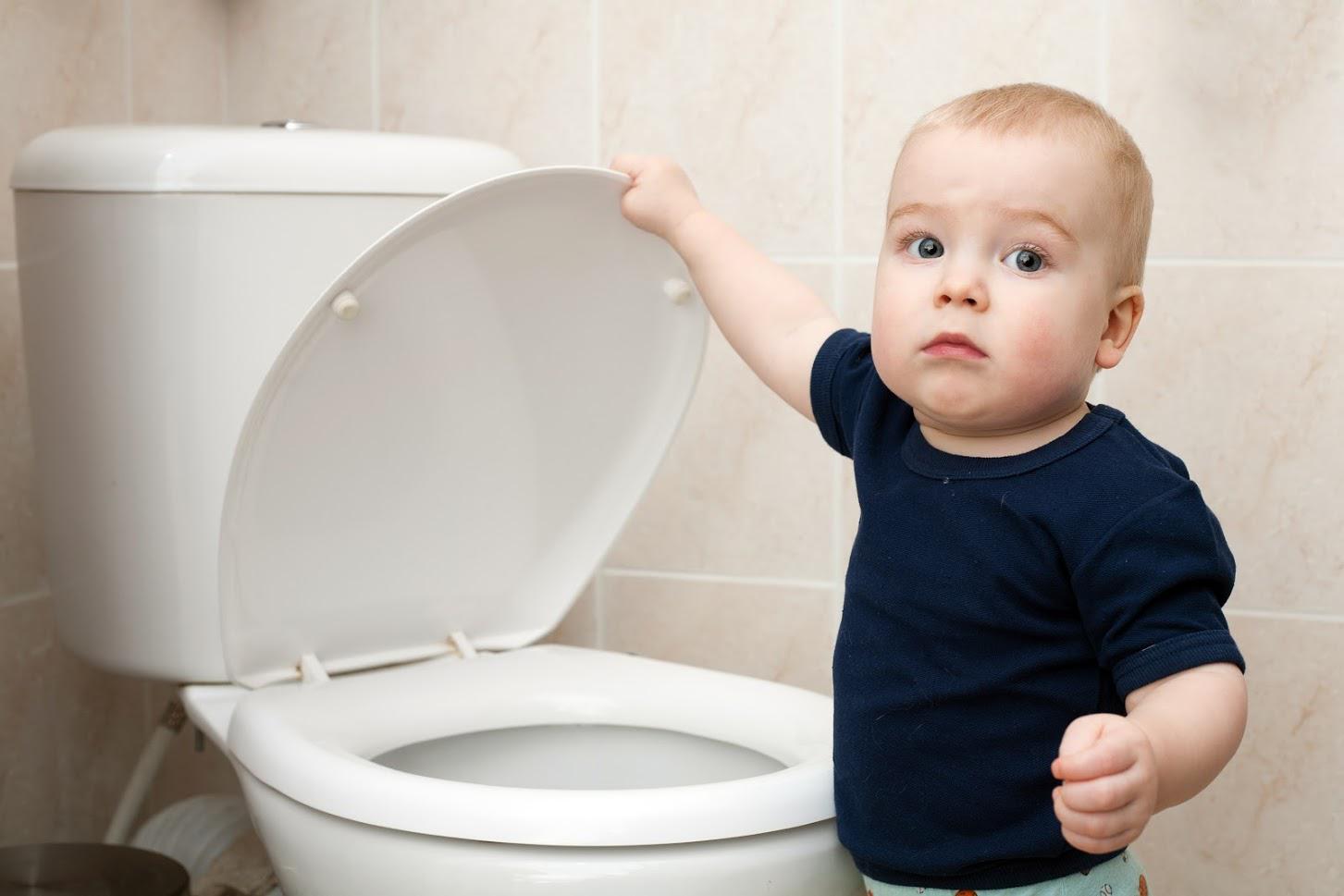3 Actions Homeowners Can Take to Extend Septic System Lifespan
A properly functioning on-site septic system is easy to ignore. When the drains all work properly, toilets flush easily and completely, and you have no issues with odors or seepage, homeowners have little reason to pay attention. But keeping your septic system healthy does require some action on the part of the homeowners. The following information can help you devise an easy system for doing so.
1. Protect System Health With Proper Usage
Using any septic system correctly is the obvious place to begin when the goal is to protect its health and prolong its lifespan. The first and most effective way to ensure correct usage is to make it a family effort by establishing household rules for what people can flush down the toilet or pour into the drain. Some ideas for this include:
-
Developing an alternative plan for grease disposal, such as pouring or scooping cooled oils and cooking fats into a sturdy lidded container for disposal in the trash, instead of pouring them down the drain
-
Making sure that appropriate trash containers are available near each toilet and makeup area in the home for disposing feminine hygiene products, cleansing and baby wipes, makeup pads, and cotton balls
-
Refraining from using flushing as a game when toilet training toddlers to make them less inclined to enjoy flushing their toys, socks, and other objects down the toilet
The best usage policy is usually to restrict everyone from placing all products and substances into the toilet and drains except moderate amounts of septic-safe toilet tissue and minimal amounts of non-caustic cleaning and personal care products.
2. Relieve System Pressure With Regular Pumping
Healthy septic tanks develop a growing layer of sludge on the bottom as the bacteria works to break down solid waste. As the sludge layer increases inside the septic tank, the liquid waste above it also rises proportionately. If the tank becomes too full, the bacterial action in the tank slows and becomes less efficient or stops completely.
If the septic tank becomes too full with sludge and liquid waste, homeowners can experience:
-
Sewage backups into the home
-
Leaks in the septic tank, joints, or connecting pipes
-
Pooling of raw sewage to the surface over the tank or drainfield
-
Complete failure of the septic system
The best way to avoid problems related to a full septic tank is to set up a regular pumping schedule. Depending on the number of people in the home and actual usage, pumping the tank on a customized schedule may be all the maintenance needed to prolong the life of the entire septic system.
In addition to regularly scheduled pumping, homeowners may also need to pump out their septic tank after a flooding incident, whenever the tank is damaged or compromised, or as a precautionary measure before hosting a large gathering that will result in a substantial increase in usage.
3. Boost System Efficiency With Safe Additives
Dishwasher and laundry detergents along with cosmetics and cleaning agents used in the average home can all have a negative effect on healthy bacterial activity in a home septic system. A proactive way to overcome this problem without giving up the use of your favorite cleaning and personal care products is to consider the use of an approved, septic-safe additive.
While all of these actions can help you extend the lifespan of a normal septic system, they cannot reverse the downward spiral of one that is already ailing.
To learn more about your septic system and how to address any issues you may have, contact one of our friendly experts at Walters Environment Services . Whether you choose to stop in, call, or make an appointment for us to come to you, we are ready and able to help with all your septic system care and maintenance needs.





